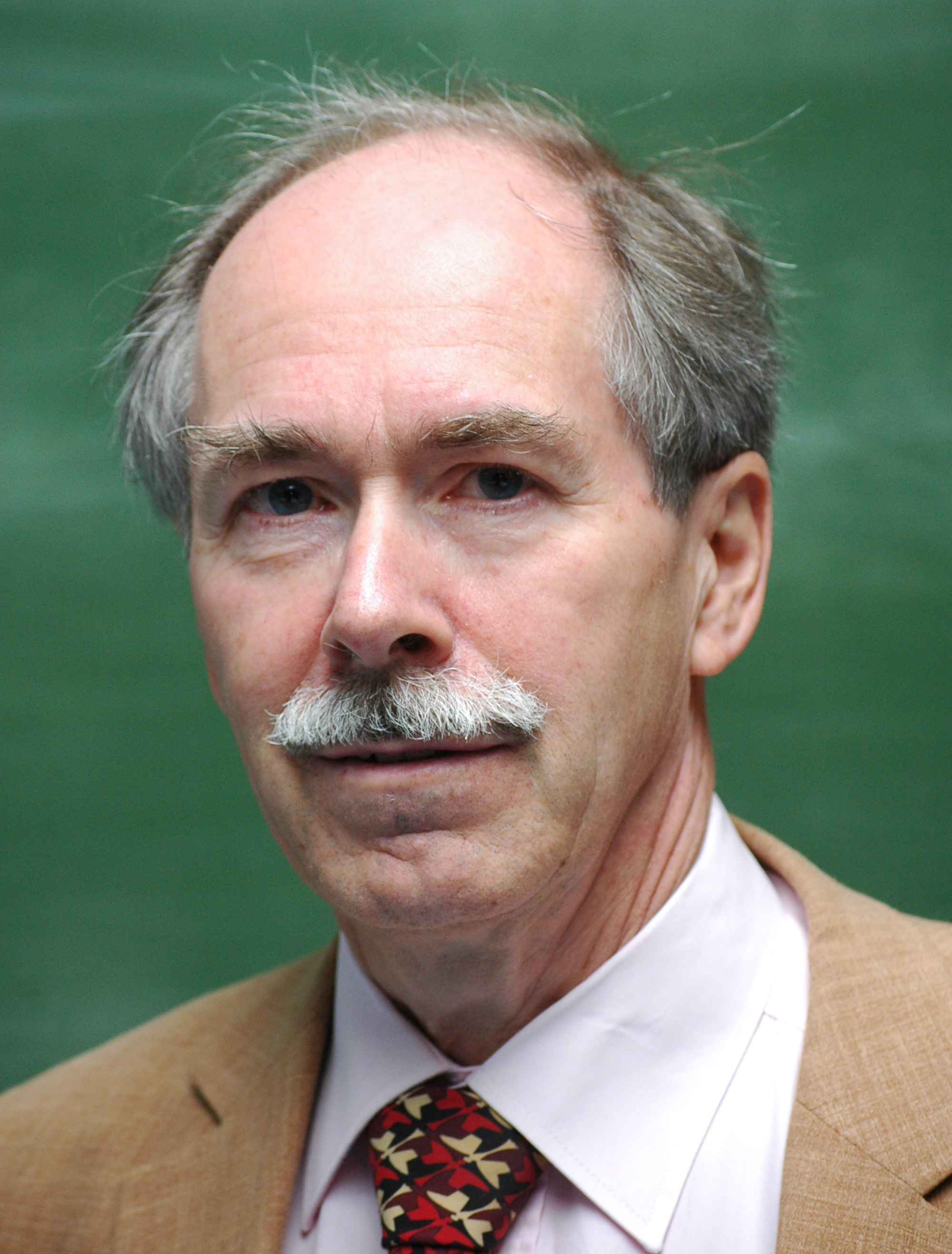Obstacles on the Way toward the Quantization of Space, Time and Matter — and possible resolutions — http://www.staff.science.uu.nl/~hooft101/gthpub/foundations.pdf
Contexte: The usual no-go theorems telling us that hidden variables are irreconcilable with locality, appear to start with fairly conventional pictures of particle systems, detectors, space and time. Usually, it is taken for granted that events at one place in the universe can be described independently from what happens elsewhere. Perhaps one has to search for descriptions where the situation is more complex. Maybe, it needs not be half as complex as superstring theory itself. The conventional Copenhagen interpretation of quantum mechanics suffices to answer all practical questions concerning conventional experiments with quantum mechanics, and the outcome of experiments such as that of Aspect et al can be precisely predicted by conventional quantum mechanics. This is used by some to state that no additional interpretation prescriptions for quantum mechanics are necessary. Yet we insist that the axioms for any "complete" quantum theory for the entire cosmos would present us with as yet unresolved paradoxes.
Gerard 't Hooft: Citations en anglais
Contexte: The usual no-go theorems telling us that hidden variables are irreconcilable with locality, appear to start with fairly conventional pictures of particle systems, detectors, space and time. Usually, it is taken for granted that events at one place in the universe can be described independently from what happens elsewhere. Perhaps one has to search for descriptions where the situation is more complex. Maybe, it needs not be half as complex as superstring theory itself. The conventional Copenhagen interpretation of quantum mechanics suffices to answer all practical questions concerning conventional experiments with quantum mechanics, and the outcome of experiments such as that of Aspect et al can be precisely predicted by conventional quantum mechanics. This is used by some to state that no additional interpretation prescriptions for quantum mechanics are necessary. Yet we insist that the axioms for any "complete" quantum theory for the entire cosmos would present us with as yet unresolved paradoxes.
Obstacles on the Way toward the Quantization of Space, Time and Matter — and possible resolutions — http://www.staff.science.uu.nl/~hooft101/gthpub/foundations.pdf
How to become a good theoretical physicist http://www.phys.uu.nl/~thooft/theorist.html
Does Some Deeper Level of Physics Underlie Quantum Mechanics? An Interview with Nobelist Gerard 't Hooft http://blogs.scientificamerican.com/critical-opalescence/2013/10/07/does-some-deeper-level-of-physics-underlie-quantum-mechanics-an-interview-with-nobelist-gerard-t-hooft/
How to become a bad theoretical physicist http://www.staff.science.uu.nl/~hooft101/theoristbad.html
The Cellular Automaton Interpretation of Quantum Mechanics, 21 December 2015, arXiv:1405.1548v3 https://arxiv.org/abs/1405.1548,
Q&A: Gerard 't Hooft on the future of quantum mechanics http://physicstoday.scitation.org/do/10.1063/PT.6.4.20170711a/full/, Physics Today, 11 July 2017
there are many things you need to know. First of all, be serious about it!
How to become a good theoretical physicist http://www.phys.uu.nl/~thooft/theorist.html
